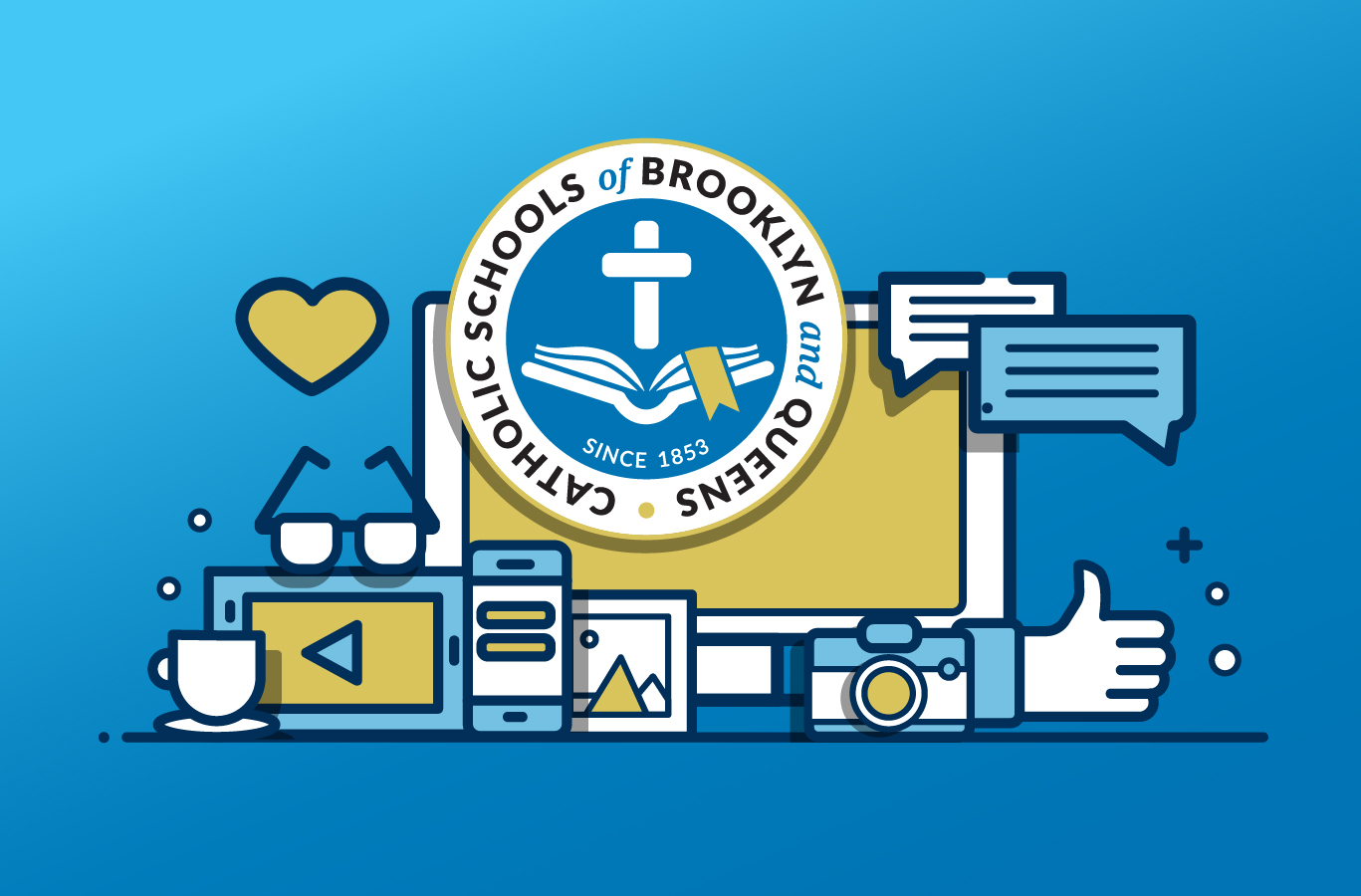At the top of the school year, children may experience the excitement (and nerves) that come along with meeting new people. Through the Bible’s teachings, you can help with encouraging respect in your child — an essential life skill that translates to the classroom and beyond.
Kindness Goes a Long Way
Classroom etiquette is essential for children and their peers. To foster an environment conducive to learning and positivity, children should understand the elements of respect — the majority of which is attributed to kindness.
When it comes to encouraging respect in your child, there’s nothing like sitting your child down and teaching them about kindness. Talk to them about how being friendly, generous, and considerate towards others can lead to a number of positive outcomes in school — including improved relationships with teachers, lasting friendships, and curricular/extracurricular success.
Outside of talking to them, you can also demonstrate kindness through practical actions. Children learn greatly through example. As parents, you can lead by example and encourage respect by helping those around you. Take your neighbors for example — helping them plant their garden or baking them a tasty casserole are all small acts of kindness that can reflect well on your child and inundate them with the concept of respect. This, in turn, will find its way into the classroom, as your child will feel more inclined to respect their fellow classmates.
Use Bible Verses When Encouraging Respect
Of course, another great outlet that helps with encouraging respect is the Bible. The Bible contains many verses that deal with respect — which your child can ultimately parlay into their classroom behaviors.
Perhaps one of the most famous verses comes from Matthew 7:12, which reads: “So in everything, do to others what you would have them do to you, for this sums up the Law and the Prophets.”
Matthew 7:12 provides a valuable lesson for children, as it teaches them that all actions have consequences. It also helps in encouraging respect, as no child would want to be treated with anything but. On top of that, it highlights the Godly nature of respecting others — providing your child not only with practical knowledge but also spirituality as well.
Understanding the Differences Amongst Peers
When your child goes off to school this fall, they will interact with children of all backgrounds. This provides an important chance for encouraging respect in your child. While your child may not be used to dealing with other children who are different from them, use this moment to demonstrate that, despite all of our differences, we are all human beings with individually unique and beautiful traits.
Embracing this as a child is crucial and will most certainly translate to the classroom and the playground. Allowing your child to understand and embrace what makes other children unique will make everyday activities more fulfilling and rife with positivity.
“Just as a body, though one, has many parts, but all its many parts form one body, so it is with Christ.
For we were all baptized by one Spirit so as to form one body — whether Jews or Gentiles, slave or free—and we were all given the one Spirit to drink.
Even so the body is not made up of one part but of many.” – 1 Corinthians 12:12-14



